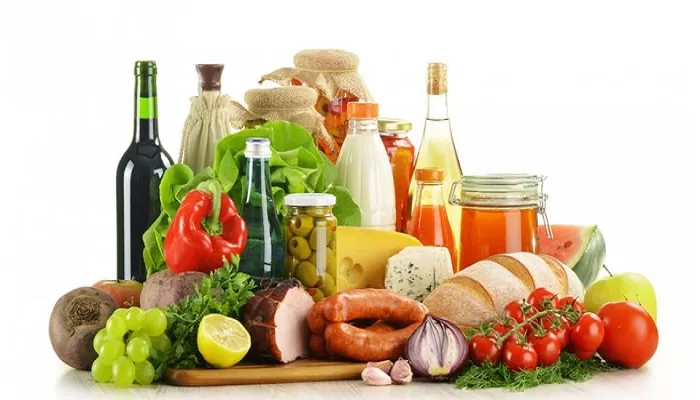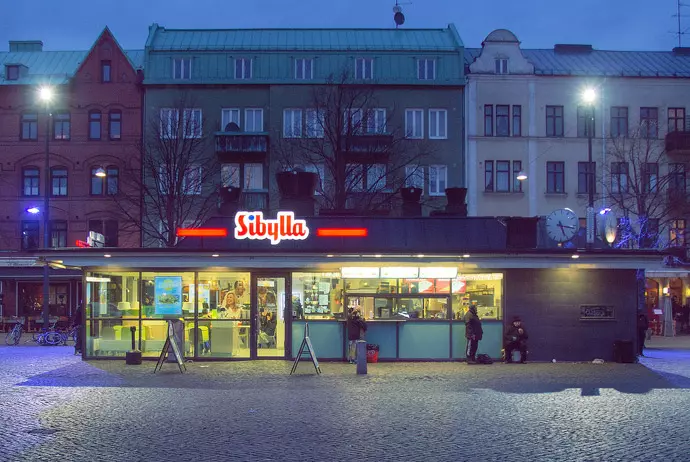Europe’s food and beverage industry is a diverse and dynamic sector that plays a vital role in the region’s economy and culture. This report provides an in-depth analysis of the industry, covering key trends, challenges, and opportunities.
Nourishing Europe: A Comprehensive Report on the Food and Beverage Industry
1. Market Overview:
- The European food and beverage market is extensive and varied, encompassing a wide range of products from traditional cuisines to innovative creations.
- With a large and affluent consumer base, Europe offers significant opportunities for food and beverage companies, both domestic and international.
- The industry is characterized by a competitive landscape, with a mix of multinational corporations, SMEs, and artisanal producers catering to diverse consumer preferences.
2. Key Trends:
- Health and wellness: Consumers are increasingly focused on health-conscious eating, driving demand for organic, natural, and functional foods.
- Sustainability: Environmental concerns influence consumer choices, leading companies to adopt sustainable practices in sourcing, production, and packaging.
- Innovation: Companies are innovating in product development, packaging, and marketing to meet changing consumer tastes and preferences.
- Digitalization: E-commerce and digital platforms are reshaping the way consumers access and purchase food and beverages, creating opportunities for online retailers and delivery services.
3. Challenges:
- Regulatory complexity: Compliance with diverse regulations across European countries poses challenges for multinational companies, impacting trade and market entry.
- Economic uncertainty: Economic volatility and political uncertainties in some European countries affect consumer spending and investment in the industry.
- Supply chain disruptions: The COVID-19 pandemic highlighted vulnerabilities in the food supply chain, prompting companies to reassess and strengthen resilience.
4. Opportunities:
- Export potential: European food and beverage companies have opportunities to tap into international markets, leveraging the region’s reputation for quality and innovation.
- Innovation and differentiation: Companies can differentiate themselves through product innovation, premiumization, and storytelling, catering to niche markets and segments.
- Partnerships and collaborations: Collaboration between companies, research institutions, and government bodies can drive innovation, sustainability, and market access.
5. Conclusion: The European food and beverage industry is poised for growth and transformation, driven by evolving consumer preferences, technological advancements, and sustainability imperatives. Companies that embrace innovation, sustainability, and collaboration will be well-positioned to thrive in this dynamic and competitive landscape.



